Buying Bungie will help PlayStation strengthen the weakest part of its portfolio
Against the success of Destiny 2, Bungie's input in the FPS and live-service spaces will be vital
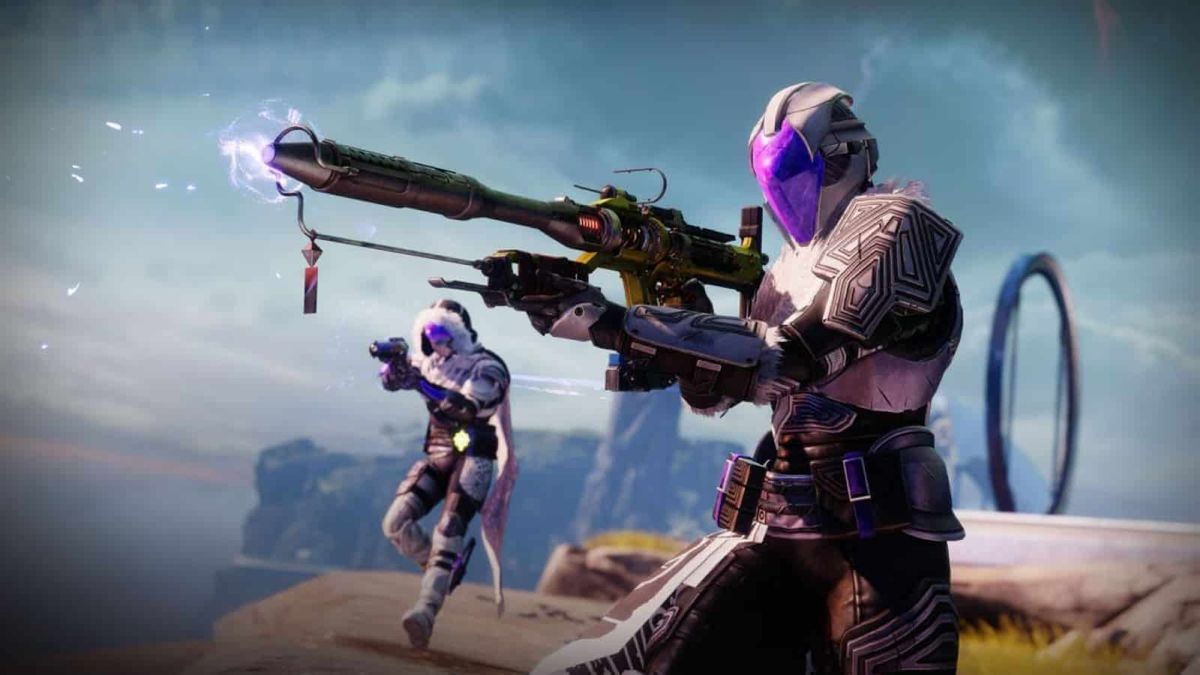
In the next four years, Sony plans to launch at least 10 live-service games. That's 10. One-zero. In four years. Which is pretty ambitious on the face of things. Of course, the news delivered by Sony at yesterday's 2021 third-quarter earnings call neatly ties in with its recent big money acquisition of Bungie, and marks the beginning of a journey into mostly uncharted waters for the entertainment giant.
In light of the acquisition, we’d expect PlayStation to edge back into the first-person shooter market. MAG and Resistance 3 are now over a decade old, with Killzone Shadow Fall quickly approaching that milestone. And while FPS titles have long been a gap in Sony’s portfolio, the publisher hasn't brought Bungie into the mix for games in the mould of Destiny 2 – but rather for its experience in the live-service framework that surrounds the shooter.
Bungie will help bridge a gap Sony has struggled to fill, then, in turn helping to "expand its first-party titles into the live-service area." It wasn't what we expected, but, given that SIE wants to launch "more" than 10 live-service games between now and the end of March, 2026, it's going to need all the help it can get.
Takeovers take over
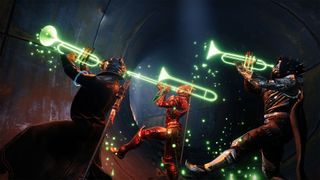

What Microsoft's latest acquisition could mean for Activision Blizzard and Xbox Game Studios
It's hard to say how long the Sony-Bungie deal was in the works before coming to light, but it does of course arrive in the wake of Microsoft's historic acquisition of Activision last month. Following that eye-watering $70 billion deal, Microsoft now owns Blizzard Entertainment, Sledgehammer Games, Infinity Ward, Raven Software, Treyarch, and many more; with World of Warcraft, Diablo, and Call of Duty now all operating under the same wider umbrella. All current agreements currently in place between these studios and Sony are likely to run their course – exclusive Call of Duty content often features first on PS5 and PS4, for example – but there still appears to be long-term ambiguity over whether or not the likes of COD will become an Xbox platform exclusive in the coming years.
Conversely, Sony has no such plans in relation to Bungie. In fact, in conversation with GamesIndustry.biz, Sony Interactive Entertainment CEO Jim Ryan said Sony is taking the opposite stance by assuring players Bungie will "unequivocally stay an independent, multiplatform studio and publisher", and that Destiny 2 and future Bungie games will continue to be published on other platforms, including rival hardware. We took a deep dive into what Bungie might serve to gain from Sony with an eye on its game-to-entertainment prospects. But the question from a Sony-focused point of view is: if exclusivity isn't what it's after, then what's in it for Sony at all? Simply put: expansion and expertise.
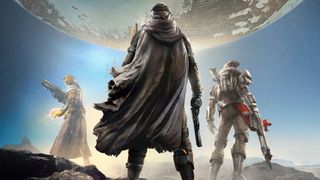
Speaking to the latter point first, Sony's penchant for engrossing, narrative-led single-player games today is unparalleled. The Last of Us and Uncharted series are blockbuster juggernauts that have cemented Naughty Dog as a household name for storytelling video game aficionados far and wide. Spider-Man and Ratchet and Clank: Rift Apart are the wonderful works of Insomniac, who shows little signs of slowing down on the single-player front with Spider-Man 2 and Wolverine now in the works behind the scenes. Santa Monica Studio is still riding the God of War wave with its recent revelatory PC release, not to mention God of War Ragnarok just around the corner. And Guerrilla, of course, is the mastermind behind Horizon Zero Dawn and its imminent sequel, Horizon Forbidden West.
With Insomniac having left Resistance behind for the aforementioned projects, and Guerrilla having done the same with Killzone, Sony has ceded ground in the FPS space in favour of third-person narrative games. By acquiring Bungie, then, Sony is perhaps less focused on obtaining the Destiny IP, and is more set on harnessing the developer's vast live-service experience – an area where Sony is hardly well-represented in 2022. Peeking over the fence, Microsoft has done a fine job with the incremental evolution of Sea of Thieves since 2018, while games like Fortnite, PUBG Battlegrounds, Apex Legends, and, of course, Destiny 2, illustrate the scope for booming success with the right pitch, support and playerbase.
Sign up to the 12DOVE Newsletter
Weekly digests, tales from the communities you love, and more
New horizons

"Microsoft has done a fine job with Sea of Thieves while games like Fortnite, PUBG, and, of course, Destiny 2, illustrate the scope for booming success with the right pitch, support and playerbase."
This, of course, is new territory for Sony, and is something it hasn't really pursued before. Certainly not in recent times. Sony is familiar with buying studios for the purpose of leveraging their experience – see Bluepoint, Firesprite, Housemarque, Insomniac, and Nixxes – and, with an eye on the proposed 10+ live-service games the company promises in the next four years, CFO Hiroki Totoki reckons PlayStation studios "will learn from Bungie," and that the company's "strong wish" is that Bungie is "willing to work closely with us."
Who knows what shape these proposed live-service games will take, but it is thought that Bungie is working on a multiplayer action game, and that Naughty Dog has multiple projects on the go – including The Last of Us 2's slant on Factions, a multiplayer mode that featured in the first game. Likewise, how Bungie will help sculpt Sony's steps into the live-service space exactly remains to be seen, but PlayStation Studios Head, Hermen Hulst, hailed Destiny's staying power after eight years in motion, while stressing how difficult sustaining live-service free-to-play and/or subscription games really is.
"Many people have tried to build a successful live service, and failed," Hulst told the PlayStation Blog. "Because it's really hard. So Destiny's success is very special. I'm also impressed by the production values from them, in terms of technology, graphics, performance capture, sound and music… all of that is really top-class at Bungie." That, in a nutshell, is what Sony serves to gain from the Bungie acquisition. And perhaps the most interesting thing to arise from the announcement, particularly against the backdrop of the Microsoft-Activision deal, was Jim Ryan's claims that Sony is "by no means done" and that "elsewhere in the organisation" it has "more moves to make". After Microsoft announced its plans to purchase Activision, the FTC said it planned to review the deal – an unprecedented move for America's Federal Trade Commission – while the US government said it plans to overhaul merger guidelines.
Assuming these power moves aren't ruled unlawful in due course, how will wider corporate consolidation impact the development process, and, crucially, our access to video games flying under certain banners come release? Will the gulf between AAA studios and indie outfits grow larger, and how will middle-sized developers fare while operating outside of these increasingly shrinking circles? Should Sony deliver on its 10+ live-service games promise by 2026, how many of them will succeed and how many will fail? I don't know the answer to any of these questions, not yet, but watching the landscape of the games industry change in the next five years is certainly going to be interesting.
Need some extra reading on the Sony-Bungie acquisition? Here's why Sony buying Bungie is about way more than games

Joe Donnelly is a sports editor from Glasgow and former features editor at 12DOVE. A mental health advocate, Joe has written about video games and mental health for The Guardian, New Statesman, VICE, PC Gamer and many more, and believes the interactive nature of video games makes them uniquely placed to educate and inform. His book Checkpoint considers the complex intersections of video games and mental health, and was shortlisted for Scotland's National Book of the Year for non-fiction in 2021. As familiar with the streets of Los Santos as he is the west of Scotland, Joe can often be found living his best and worst lives in GTA Online and its PC role-playing scene.
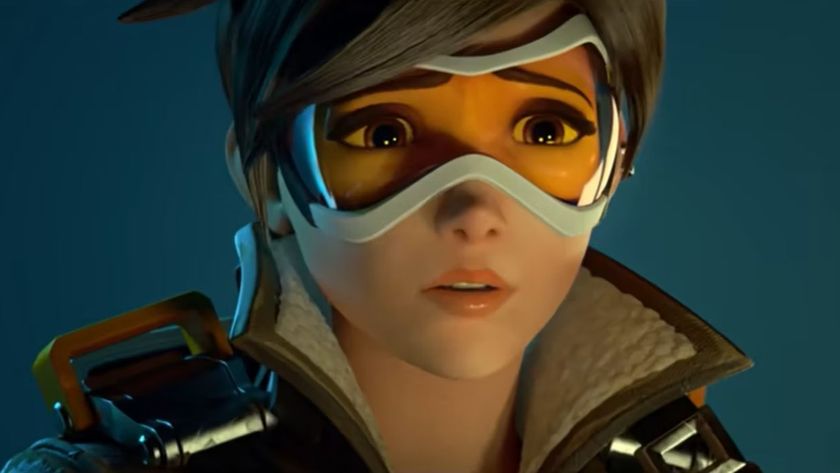
After struggling to make sequel-sized changes, fans think Blizzard might retire the '2' in Overwatch's name based on Season 16 leaks
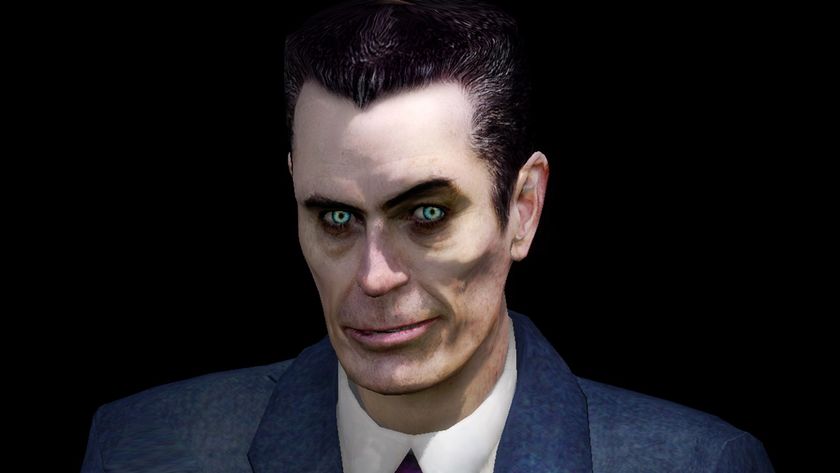
Valve leads considered making a "mediocre" game before Half-Life to build the team up, but original marketing exec said "if you do that, the company will fail"










